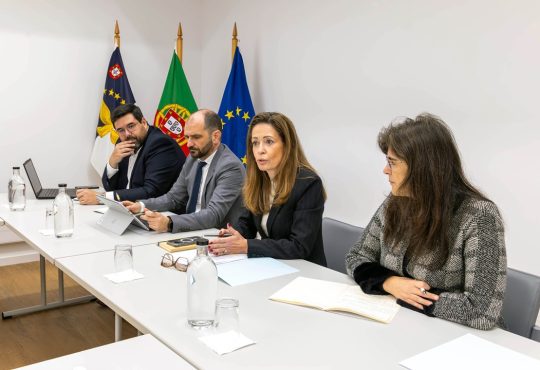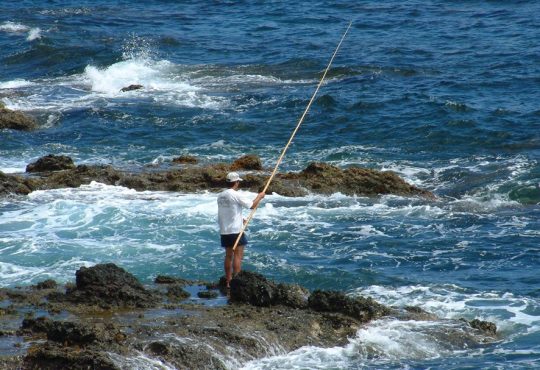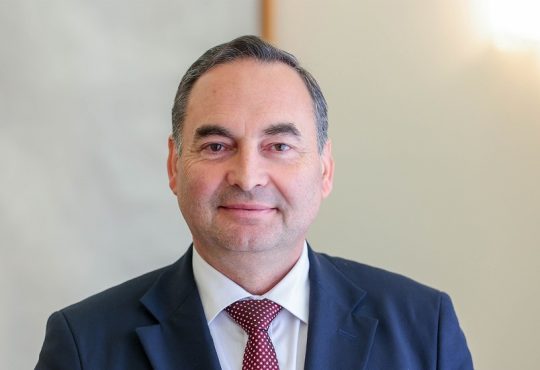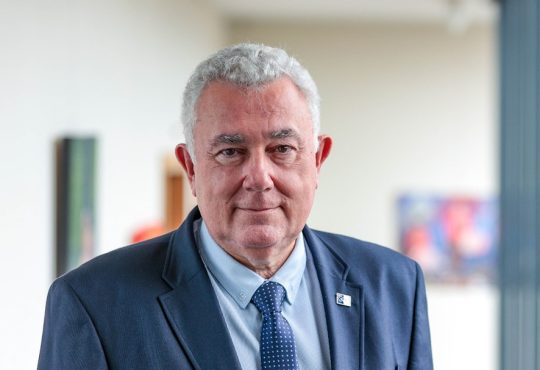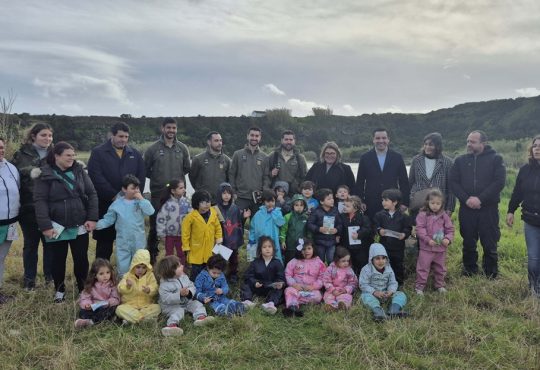AZORES | Maria João Carreiro praises “progresses” in promotion of Vocational Education
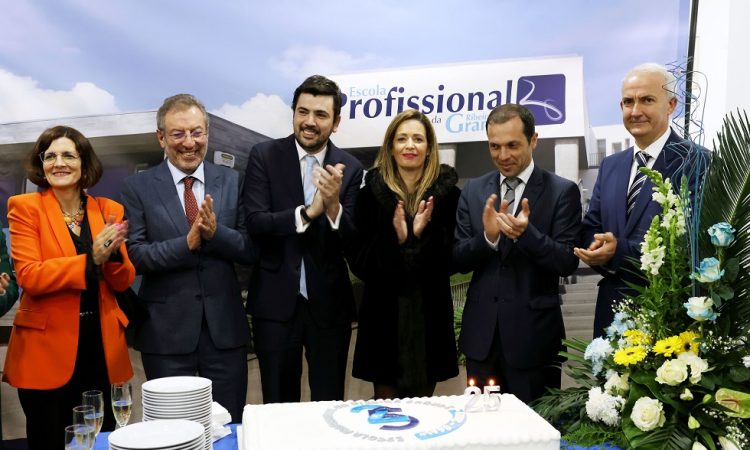
The Regional Secretary for Youth, Vocational Training and Employment spoke this Monday during the session marking the 25th anniversary of the Ribeira Grande Vocational School. On the occasion, she praised the “progresses in the promotion and enhancement of Vocational Education,” based on an “unprecedented strategy and commitments in a sector that is structuring for the Azores.”
According to Maria João Carreiro, in this first year of implementation of the Regional Agenda for Vocational Training, presented by the XIII Government of the Azores exactly one year ago, February 7, 2022, “measures have been implemented, in conjunction with vocational schools, to promote new possibilities for vocational education and training.”
These “progresses” include, for example, the Dual Education pilot project at Capelas Vocational School, “which should be increasingly pursued considering the benefits of this model for trainees and their approach to the labour market.” They also take the form of financial support measures for the qualification of adults, such as FORM.AÇORES and QUALIFICA.IN, “which are an opportunity not only for the working population to improve their skills but also for vocational schools to diversify and broaden their target group.”
The Regional Secretary also mentioned that the Region’s application to the European Commission to be submitted in June is under preparation, as part of an international consortium. The project will be aimed at creating a Vocational Centre of Excellence that will support the reforms in Vocational Education and Training, with a maximum funding of 4 million Euros for a four-year implementation period.
“The Regional Forum on Vocational Qualification, from which the Regional Agenda, i.e. the strategy for Vocational Education and Training, emerged, was a unique opportunity created in the Region to project vocational qualification and training in a 10-year horizon. The fact is that the commitment that came out of this Regional Forum is alive and continues to mobilise vocational schools,” she said.
Maria João Carreiro also recalled that the Azorean Parliament is currently considering the proposal for the creation of the new Azores Qualification Centre. It will be based on a smart specialization strategy, with a flexible response tailored to the needs of companies, focusing on short-term intensive training, including distance learning.
The Regional Secretary highlighted the “dialogue and cooperation between the Regional Government and Vocational Schools” in the “joint responses and solutions to problems resulting from past choices” and whose effects have worsened in this transition period between Community frameworks. This process has raised the difficulties faced by vocational schools in terms of access to their main source of European funding for their activities.
These “joint responses” include the exceptional financing mechanism for vocational schools coordinated by the Government of the Azores with the banking sector that will be in force until the entry of the new Azores 2030 programme, with the Government bearing the costs incurred with the financing.
The Government has also revised the Regulations on the Administrative and Educational Management of Students, reducing the number of students per standard class for the purpose of penalising dropouts.
Maria João Carreiro congratulated the Ribeira Grande Vocational School for having “contributed for 25 years to the qualification and training of hundreds of young people as well as for the daily promotion of Vocational Education and its importance for inclusion and academic success in the most youthful municipality of the country.” As she noted, it is a “path that makes us proud of the work done and the perseverance.”
GRA/RÁDIOILHÉU



